



Mandgi Associates is a law firm situated in Bangalore that specialises in litigation in the field of property disputes, family disputes, contractual disputes, land acquisitions, insolvency and bankruptcy, company disputes and divorce. The law firm consists of honest, hardworking and dedicated lawyers who strive to provide cost effective, timely and sound counsel to their clients. The law firm has lawyers practicing at the District/Civil Courts, Family Courts, Consumer Forums, National Company Law Tribunals, Karnataka Electricity Regulatory Commission, High Courts and Supreme Court.
Late Anantrao Mandgi having enrolled himself as a “Vakil” had established his chambers in Mumbai in the year 1935 practicing law in the field of civil and criminal cases, having been appointed as a Public Prosecutor in the High Court of Bombay during the era of British India. After the reorganisation of states in the year 1956, the base of the law firm was shifted from Mumbai to Bengaluru by late Narayanrao Mandgi, who specialised his practice in the area of property disputes, revenue cases, constitutional cases and land acquisition matters. He also authored and published a journal on the law of Adoption in India based on the uncodified and codified Hindu Law.
The law firm at present is headed by Mr. Anant Mandgi, his wife Mrs. Ujwala A. Mandgi, his two sons, Mr. Amit Mandgi and Karan Mandgi and their wives Mrs. Rachitha Amit Mandgi and Swathy Mandgi.

Our Services
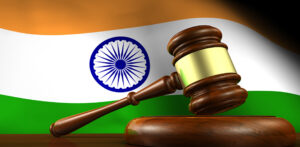
Mr. Anant Mandgi
Sr. Counsel


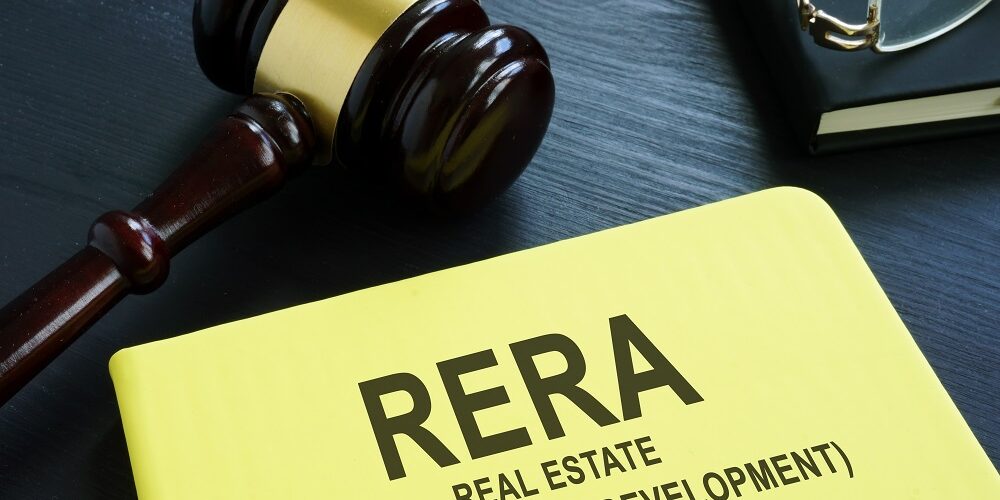

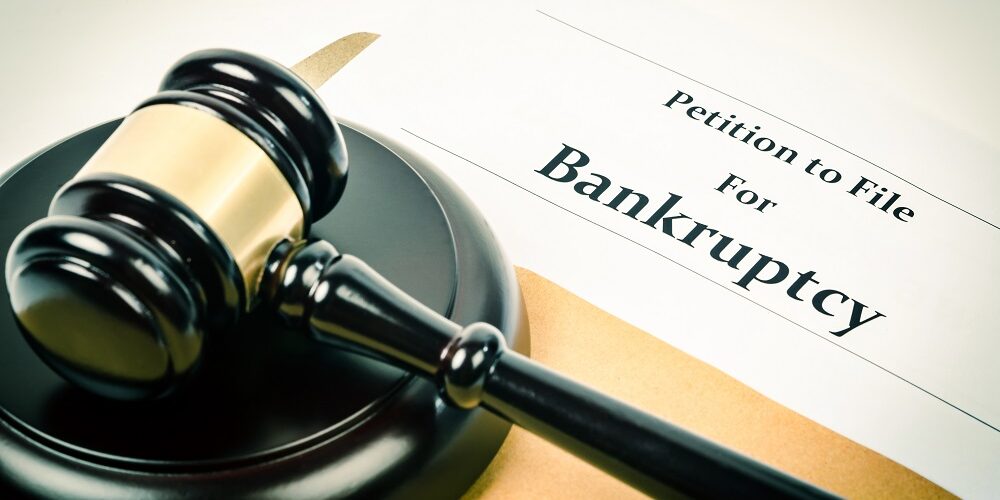

Areas of Practice
Our team of lawyers practice in the High Court, Civil Courts, Magistrate Courts, Family Courts and Arbitration Centers in Bangalore.
Specialized in the below fields
 Family Law
Family Law
 Property Law
Property Law
 Real Estate
Real Estate
 Commercial Litigation
Commercial Litigation
 Corporate Litigation
Corporate Litigation
 Cheque Bounce Cases
Cheque Bounce Cases
 Bails
Bails
 Dowry Harassment
Dowry Harassment
 Copyright Infringement
Copyright Infringement
 Trademark Disputes
Trademark Disputes
Legal News
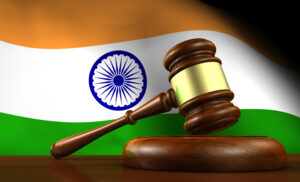
Judicial Pronouncements
Section 12 – Specific Performance of Contract – can be granted when the ingredients of Sections 12 (2), (3) or (4) have been satisfied. When the contract between the parties to a suit is dependent on performance of a contract with a third party, then such contracts cannot be specifically enforced. Performance of the contract was contingent upon the seller entering into an agreement with a third party where by the seller was to buy this land from the third party in order to provide access to the suit property, which otherwise did not have access cannot be specifically enforced – as held by the Hon’ble Supreme Court in the case of Raman (D) by Lrs Vs. R. Natarajan.

Judicial Pronouncements
Section 38 of Specific Relief Act R/w Order VII Rule 8 of the CPC – Suit for permanent injunction – The Plaintiff had claimed title on the property on the basis of a sale deed as well as on the ground of adverse possession. The relief sought by the Plaintiffs on basis of ownership and adverse possession were contrary to each other and cannot be permitted to advance contrary pleas at the same time – as held by the Hon’ble Supreme Court in the case of Kesar Bai Vs. Genda Lal and Another.

Judicial Pronouncements
Under Articles 136, 141 & 142 of the Constitution of India – The law laid down by the Supreme Court comes into effect from the date of the judgment i.e. prospective in nature. The doctrine of prospective declaration is now applied to other areas of law as well.

Judicial Pronouncements
Section 12-A of Commercial Courts Act – Pre Institution Mediation is mandatory, where there is no urgent interim relief sought, and any suit instituted in violation of the mandate of Section 12-A the plaint has to be rejected. This power to reject can be exercised suo-motu. Declaration of law under this act shall come into force from 20.08.2022.

Judicial Pronouncements
Section 14 of the Arbitration and Conciliation Act – A party to an arbitration proceedings has to prefer an application for the termination of the mandate of the arbitrator under Section 14 (1) (a) of the Act to the Court as defined in Section 2 (1) (e) of the said Act. The Court here would refer to the District Court where the arbitration proceedings is being conducted. The Court concerned has to adjudicate on whether or not the sole arbitrator has become dejure and defacto unable to perform his duties or for other reason has failed to act without undue delay. The decision passed by the Court in an application under Section 14 (1) (a) can be said to be a disqualification of the arbitrator and hence such controversy has to be decided by the court specified in Section 14 (2).

Judicial Pronouncements
Section 11 (6) – Once the dispute is referred to arbitration and the sole arbitrator is appointed by the parties by mutual consent and the arbitrator/ arbitrators is/ are appointed, the arbitration agreement cannot be invoked for second time – Swadesh Kumar Agarwal Vs. Dinesh Kumar Agarwal.
Latest Articles
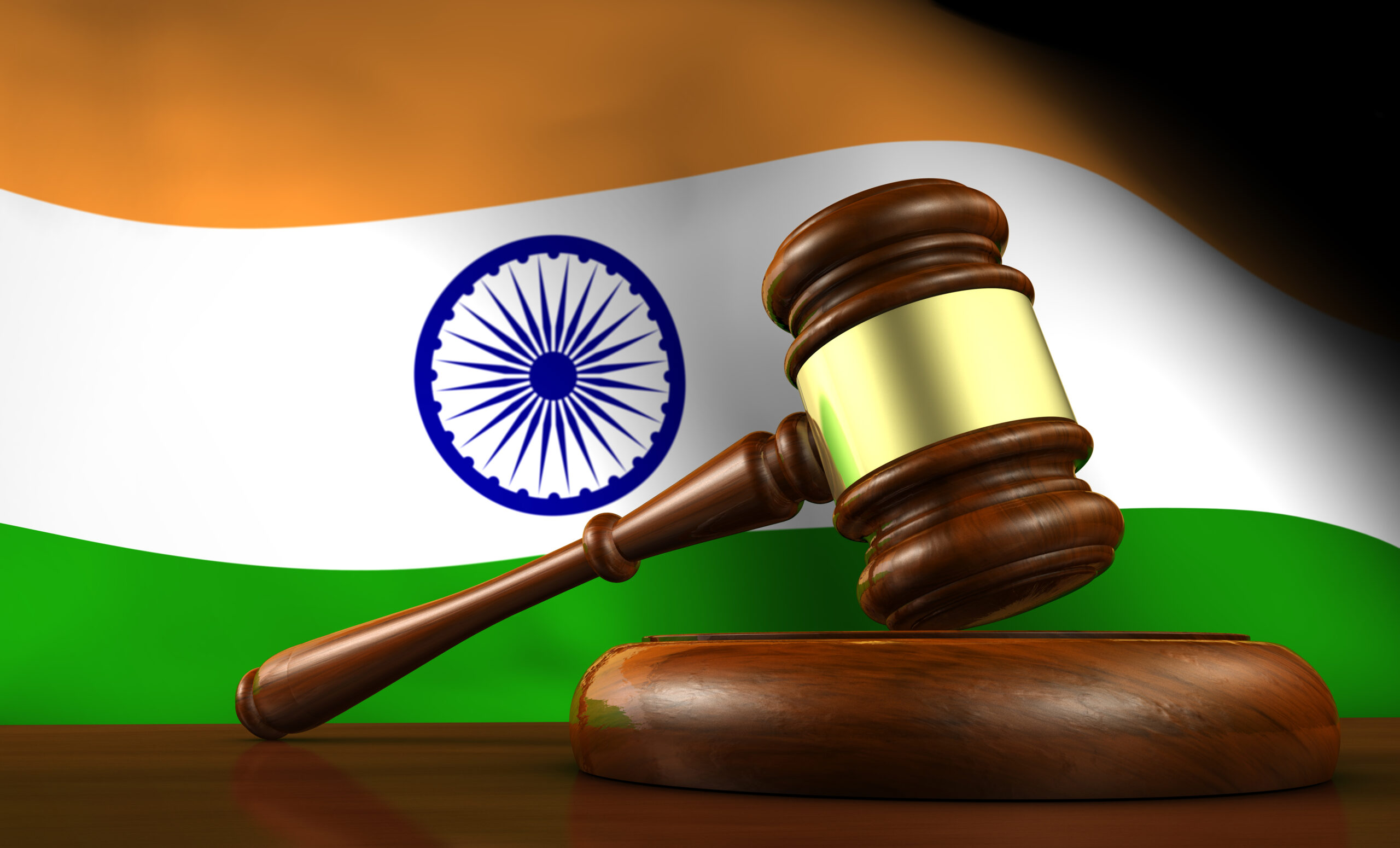
Article on UP Govt’s Ordinanance.
by admin 2021-02-21 21:28:37
Uttar Pradesh Recovery of Damages to Public and Private Property Ordinance 2020. On 12 December 2019, Parliament of India passed the Citizenship Amendment

Article on UP Govt’s Ordinanance.
by admin 2021-02-21 21:28:37
Uttar Pradesh Recovery of Damages to Public and Private Property Ordinance 2020. On 12 December 2019, Parliament of India passed the Citizenship Amendment

Article on UP Govt’s Ordinanance.
by admin 2021-02-21 21:28:37
Uttar Pradesh Recovery of Damages to Public and Private Property Ordinance 2020. On 12 December 2019, Parliament of India passed the Citizenship Amendment
Meet Our Team
Mr. Anant Mandgi
Sr. Counsel
Mrs. Ujwala A. Mandgi
Sr. Advocate
Mr. Amit Mandgi
Advocate
Mr. Karan Mandgi
Advocate

